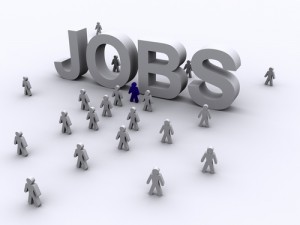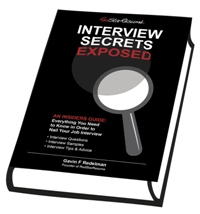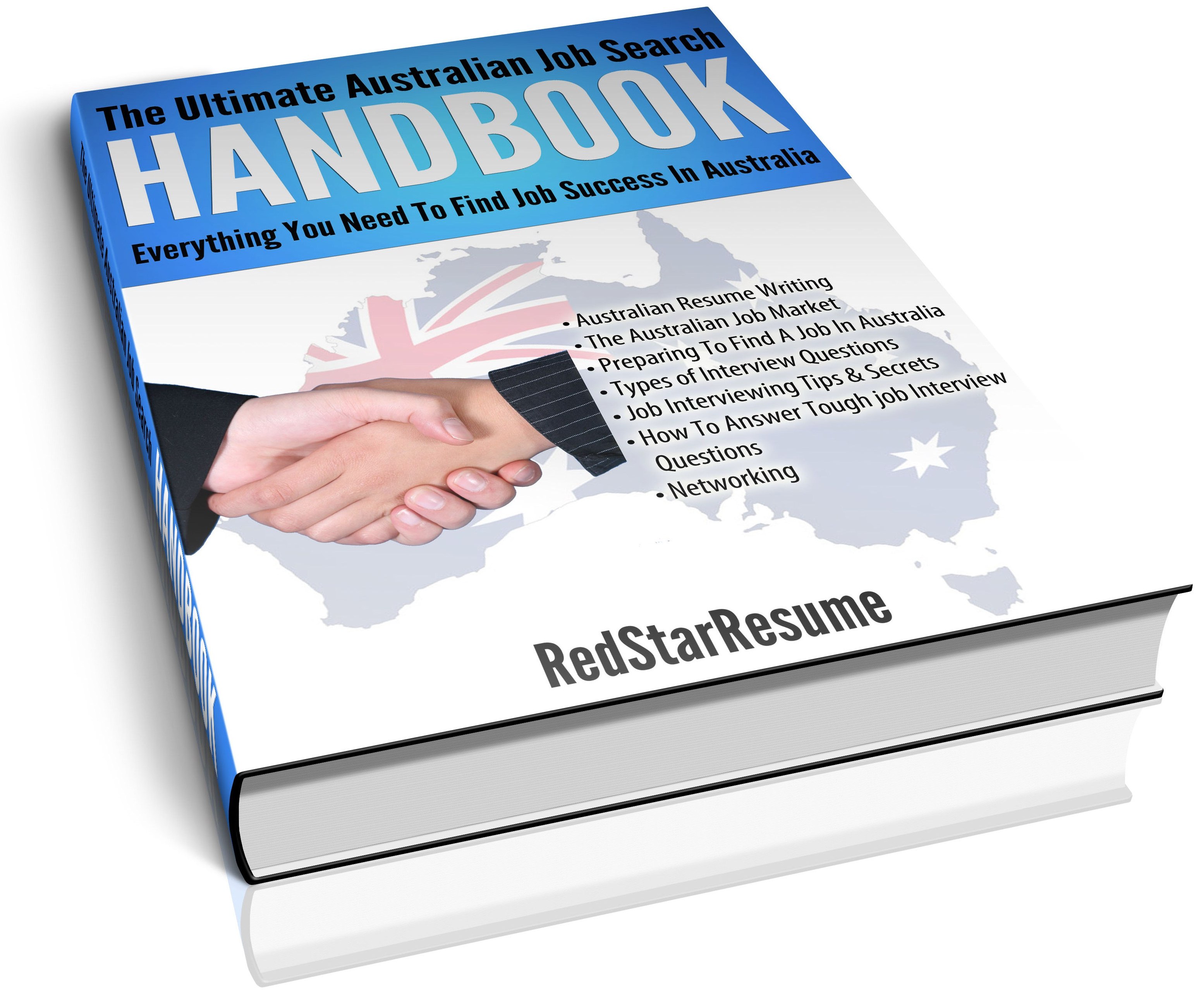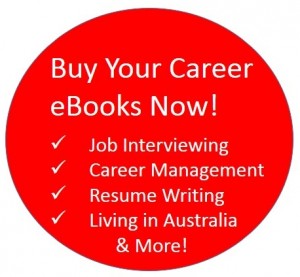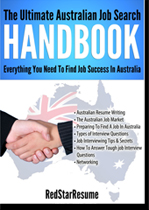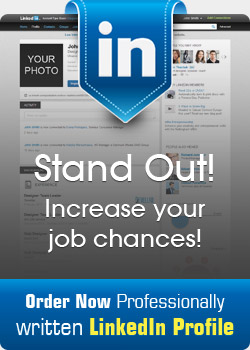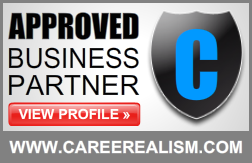 1) How do you motivate others to do their best work?
1) How do you motivate others to do their best work?
The hiring manager may have asked you what motivates you in the workplace, but now they want to know if, and how you motivate your colleagues to perform their best work. Typically goal-oriented and results-driven professionals who have a positive attitude will also motivate their co-workers to perform at their best. It’s a huge asset to have this type of employee in the company who will also encourage and support others to do their best work, and therefore have the company operate more efficiently and successfully. Convince the hiring manager that you are the type of employee who motivates others by your own actions to do their best work, and you’ll definitely score points in landing the job.
Tips:
- Give concrete examples of instances where you motivated others, were praised by your manager for motivating others, or a co-worker thanked you for motivating them.
- One of the best ways to motivate others is to lead by example, so talk about the positive ways you conduct yourself in the workplace that can help motivate fellow co-workers.
- Being a supportive and encouraging colleague also helps to motivate team members.
Example: “I try to motivate my colleagues to do their best work by staying focused and motivated in my own job, and encouraging others in the tasks they are working on. My previous manager praised me on my ability to support fellow team members who would fall behind on deadlines.”
2) Are you effective at meeting deadlines?
Meeting deadlines is a major part of every job. Without any deadlines, there would be no clear ending point for a project and productivity would slow down. Some jobs in particular have clear deadlines that are always right around the corner. Missing deadlines can mean losing a bid on a project, upsetting clients, losing money or becoming incompliant with government policies and regulations. That’s why it’s imperative that employees are able to successfully meet deadlines in the workplace. It’s also critical that as a job candidate, you can show that you would be the type of employee that can meet tight deadlines and still deliver high quality work.
Tips:
- The answer should always be YES; however, you can’t stop there. Back up your answer by talking about previous jobs where you had to meet a lot of strict deadlines and did it successfully.
- If you aren’t effective at meeting deadlines, this may come up when the employer contacts your references. Discuss the steps you have taken to become even better at ensuring you never miss a deadline and that you always manage enough time to get the work done well, prior to the deadline.
Example: “Yes, I am effective at meeting deadlines. I have excellent organization and time management skills and factor in the necessary time to get my work done to the best of my ability, and ensure there is time to look it over and edit as necessary. In this line of work, meeting deadlines is critical to performing the work well, and I have proven in my past experience that I am effective at meeting all deadlines.”
3) Are you a good decision maker? Do you make decisions quickly or do you take time to think things over before making a decision?
Unless you’re applying for a position where you are expected to take orders constantly and never actually think for yourself, being a good decision maker is a very useful skill to have, and critical to any upper management position. This question can be tricky if you’re not prepared for it. There are negative aspects to being a very quick decision-maker and not taking enough time to think things over properly, and it’s also not good to take a long time to make a decision when decisions need to be made quickly. As in many aspects of the job, it’s best to strike a balance between being able to make quick decisions while being able to analyze the situation and different approaches properly.
Tips:
- For any position, the answer should be, of course, that you are a sound decision maker.
- Don’t say you are only one or the other type of decision maker. You should be able to think critically and not make decisions without thinking things through, however you should also be able to make tough decisions under a tight deadline when needed.
- Give insight into the thought process you use in order to make good decisions in the workplace.
Example: “I am a very efficient and sound decision maker. I am able to quickly analyze a situation, look at it from multiple perspectives and outcomes, and then make the best decision for the benefit of the company.”
4) Tell me about a time you had to give someone difficult feedback.
If you’ve worked in a management position, you’ve most likely needed to give difficult feedback at some point or another. It can be a sensitive subject to deliver any type of criticism or difficult feedback, so knowing how to do it well is a very important skill to master. Hiring managers are looking for evidence that you understand the sensitivity of providing negative feedback and can consider how to properly frame things in order to correct undesirable work or behavior and keep up the morale of staff members. It requires you to think about how a particular person might react to the feedback you give them, what the impact may be on them and how to get the desired outcome. Higher levels of communication skills are required for managing people, especially when it comes to providing feedback. By asking this question, hiring managers want to ensure that you have the skills to do this effectively.
Tips:
- Choose an example of a time you had to give negative feedback and that person took it well and changed the behavior to lead to the desired outcome.
- Use your story to highlight your communications style and approach when addressing difficult feedback to employees.
- Walk the hiring manager through the situation, your thought process in deciding how best to approach the individual, and how you gave the negative feedback in a way that produced a positive outcome.
- Delivering negative feedback should always be about correcting the behavior and allowing individuals to understanding how you want them to change or what you need them to do in order to be successful.
Example: “I had an employee who was coming in late to the office every day and still leaving at the same time. I needed to talk to him about putting in the required time at the office for what he was being paid for. Knowing this particular individual, I knew he was a hard worker and wouldn’t ordinarily cut corners on the job. I asked to speak to him privately one day and told him we’ve noticed he’s getting to the office later each day and leaving earlier, and asked him what was going on. He admitted he had been coming in later because his wife’s schedule had changed and he now needed to drop off his kids at school in the morning and it was making him late to the office. After some discussion, I offered to allow him to work less hours in the office if he could put in the 1 hour of time he was missing in the evening. We agreed to try it out for a month to see if it would work, and I was able to see that he was indeed putting in the extra time at home and capable of working the flexible hour.”
5) What are your workplace values?
This question is similar to asking what your work ethic is. Employers want to know that you have a strong work ethic and that your values match the values of the company. With this question, the hiring manager can determine what kind of person you are and what matters to you in the workplace. Everyone has their own set of values; you just need to articulate yours during the interview. Speak to your work ethic, integrity and character. Keep it positive and related to your work. If you know the company culture and what values they profess, you can highlight your own values that align with theirs. Working for a company with similar values will help you to be satisfied in your job. If you work for a company that only values profit margins, and doesn’t allow any flexibility for employees with families, you may find that you’re miserable in the job if those aren’t things you value.
Examples: “I always try to be transparent and reliable in the workplace. I practice integrity and follow through with my commitments. I treat others with respect and always try to think about the good of the team.”
“I try to give 110% in the workplace. I look at the employee-employer relationship as a partnership which requires a strong investment and commitment. I am being paid for my service and I should in turn give my best effort and use all company time for the right purposes.”
“I view myself as well as my colleagues as part of a team, working towards a common goal to achieve the objectives of the company. As such, I always try to fulfill my role to the best of my ability and don’t settle for less than great performance.”
© RedStarResume Publications – http://www.bestresponseresume.com/
Follow us on Twitter: http://twitter.com/RedStarResume
View our brand new eBook “Top 100 Job Interview Questions & Answers”







